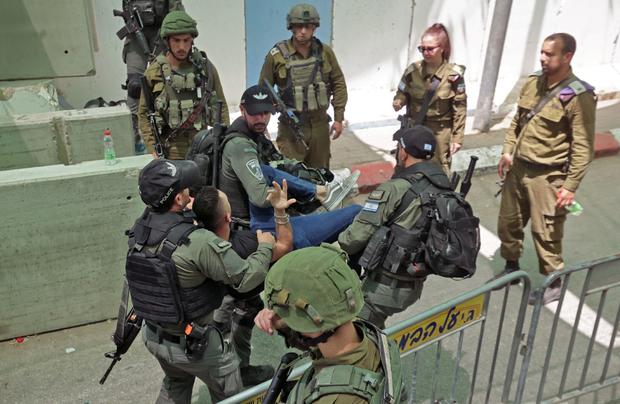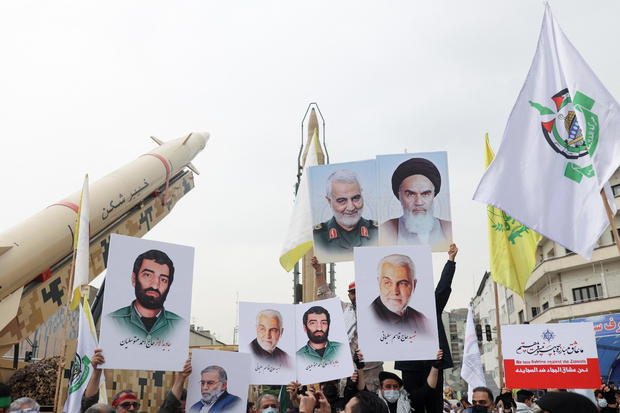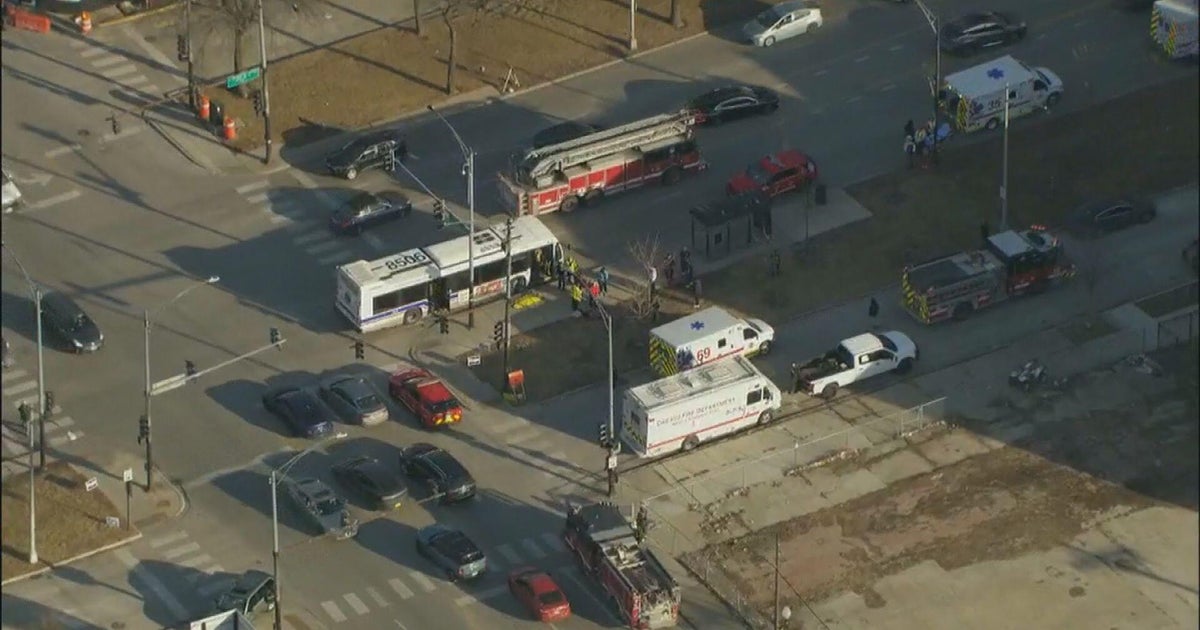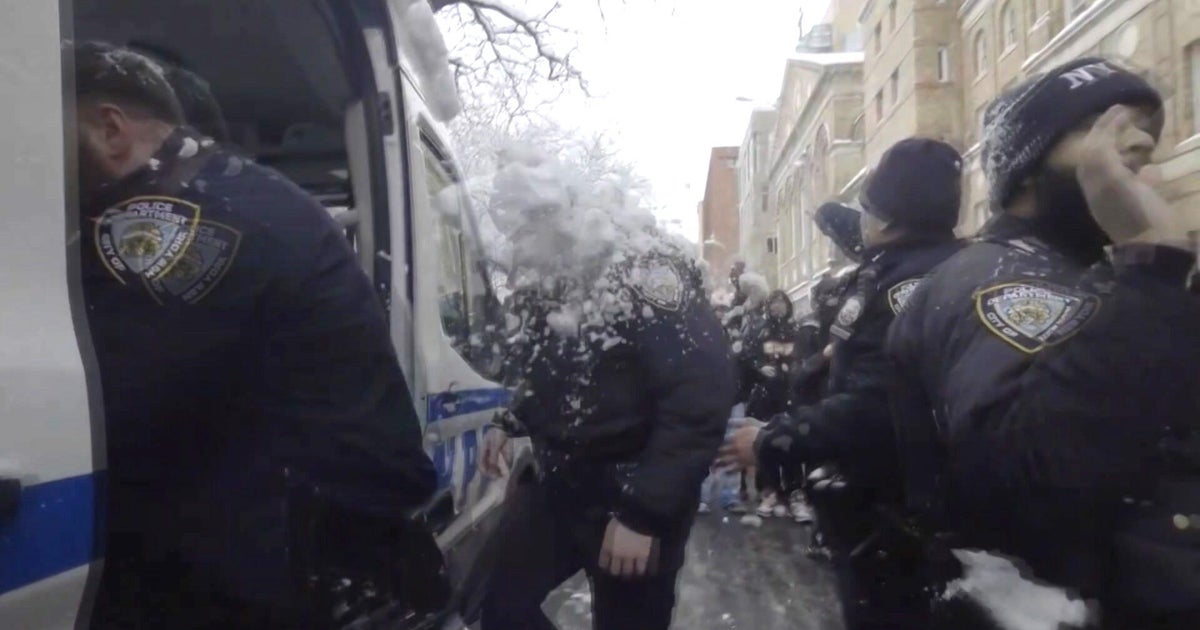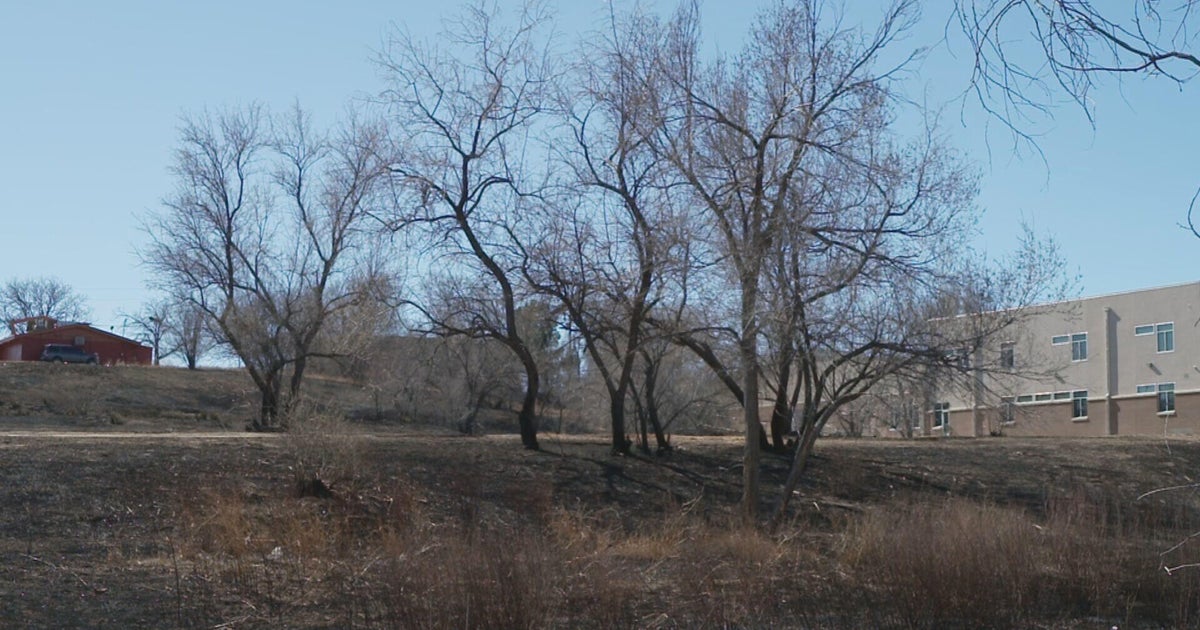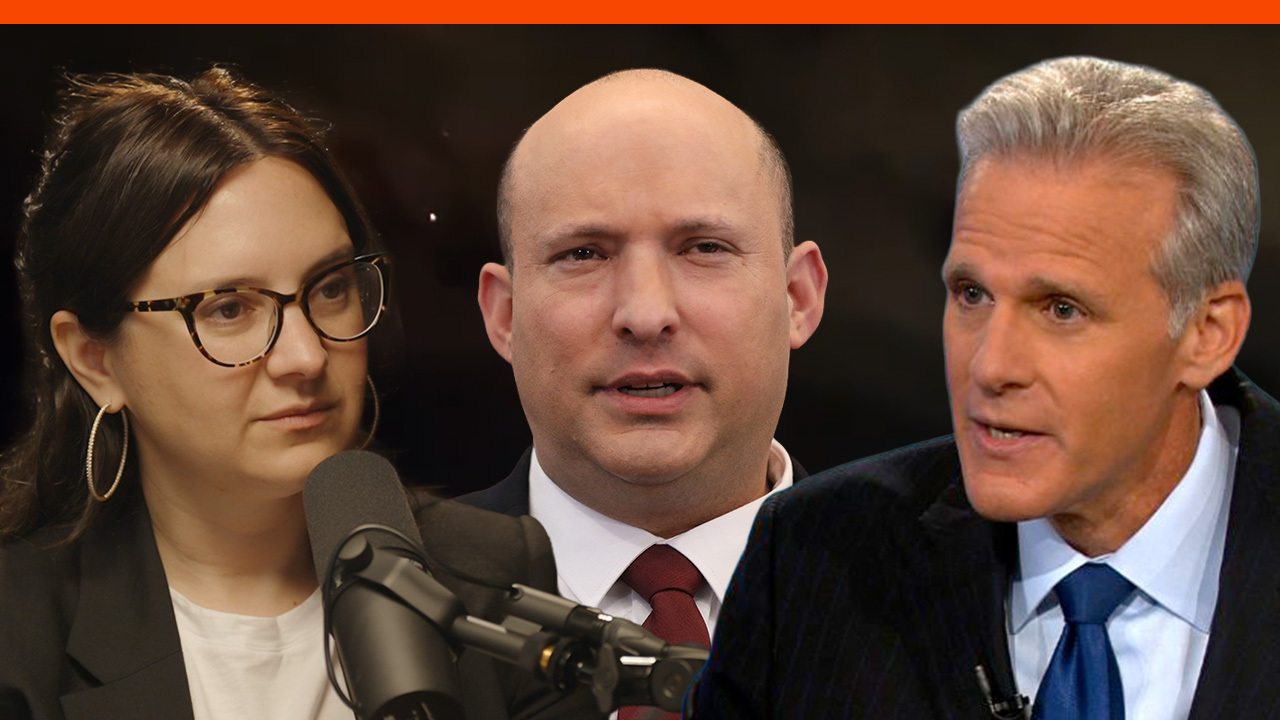Dozens hurt in fresh clashes at key Jerusalem holy site
Jerusalem — Palestinians hurled stones and Israeli police fired rubber-coated bullets at a major Jerusalem holy site early Friday that has seen waves of unrest in recent weeks.
The police say Palestinians inside the Al-Aqsa Mosque compound began hurling stones and fireworks around dawn in the direction of a heavily guarded gate that leads to the Western Wall, the holiest place where Jews can pray. The police advanced into the compound, firing rubber-coated bullets.
The violence ended around an hour later after other Palestinians in the compound intervened, convincing the stone throwers and the police to pull back.
The Palestinian Red Crescent emergency service said more than 40 people were wounded, with 22 requiring treatment at local hospitals. It said Israeli forces prevented first responders from entering the compound during the clashes, and that one of its medics was beaten by police.
The police did not immediately respond to a request for comment, but said in a statement they had arrested three people.
The Al-Aqsa Mosque compound is the third holiest site in Islam. It is built on a hilltop that is the most sacred site for Jews, who refer to it as the Temple Mount because it was the location of the Jewish temples in antiquity. It has long been a flashpoint in the Israeli-Palestinian conflict.
In recent weeks, Israeli police and Palestinians have clashed there on a number of occasions. Israeli authorities accuse the Hamas militant group ruling Gaza of inciting violence and say security forces were forced to intervene to halt stone-throwing.
The Palestinians say the presence of Israeli police at the site, and regular visits by increasing numbers of nationalist and religious Jews, are a violation of decades-old informal arrangements governing the site. The visits were halted last week for the last 10 days of the Muslim holy month of Ramadan, which concludes this weekend.
Tens of thousands of Muslims were expected to attend the main Friday prayers at midday. Earlier this week, an estimated 250,000 worshippers gathered at the site for Laylat al-Qadr, a night of intense prayers that marks the culmination of Ramadan, with no reports of violence.
In Tehran, Iran's capital, thousands of Iranians marched in rallies in the capital Tehran on Friday to mark Jerusalem Day, which Iran says is an occasion to express support for the Palestinians. It was the first time such marches were held since before the coronavirus pandemic.
Many high-ranking Iranian officials attended, including President Ebrahim Raisi and the powerful Guard commander, Gen. Mohammad Salami.
Iran has been marking the day, the last Friday of Ramadan, since the start of its 1979 Islamic Revolution led by the late Ayatollah Ruhollah Khomeini. It is also known as Quds Day, after the Arabic name for Jerusalem.
Demonstrators chanted the "death to Israel," and "death to America," slogans that have become tradition in mass rallies in Iran since its revolution. Demonstrators also set fire to American, British and Israeli flags.
Iran does not recognize Israel and supports Hamas and Hezbollah, militant groups that oppose it. Israel views Iran as its archenemy in the Middle East.
The rallies all headed to Tehran University, where the ceremony ended at Friday's noon prayers. Similar rallies took place in other Iranian cities and towns.
State news agency IRNA quoted a general of the paramilitary Revolutionary Guard's expeditionary force, known as the Quds force, as saying that Iran supports any groups ready to fight Israel.
